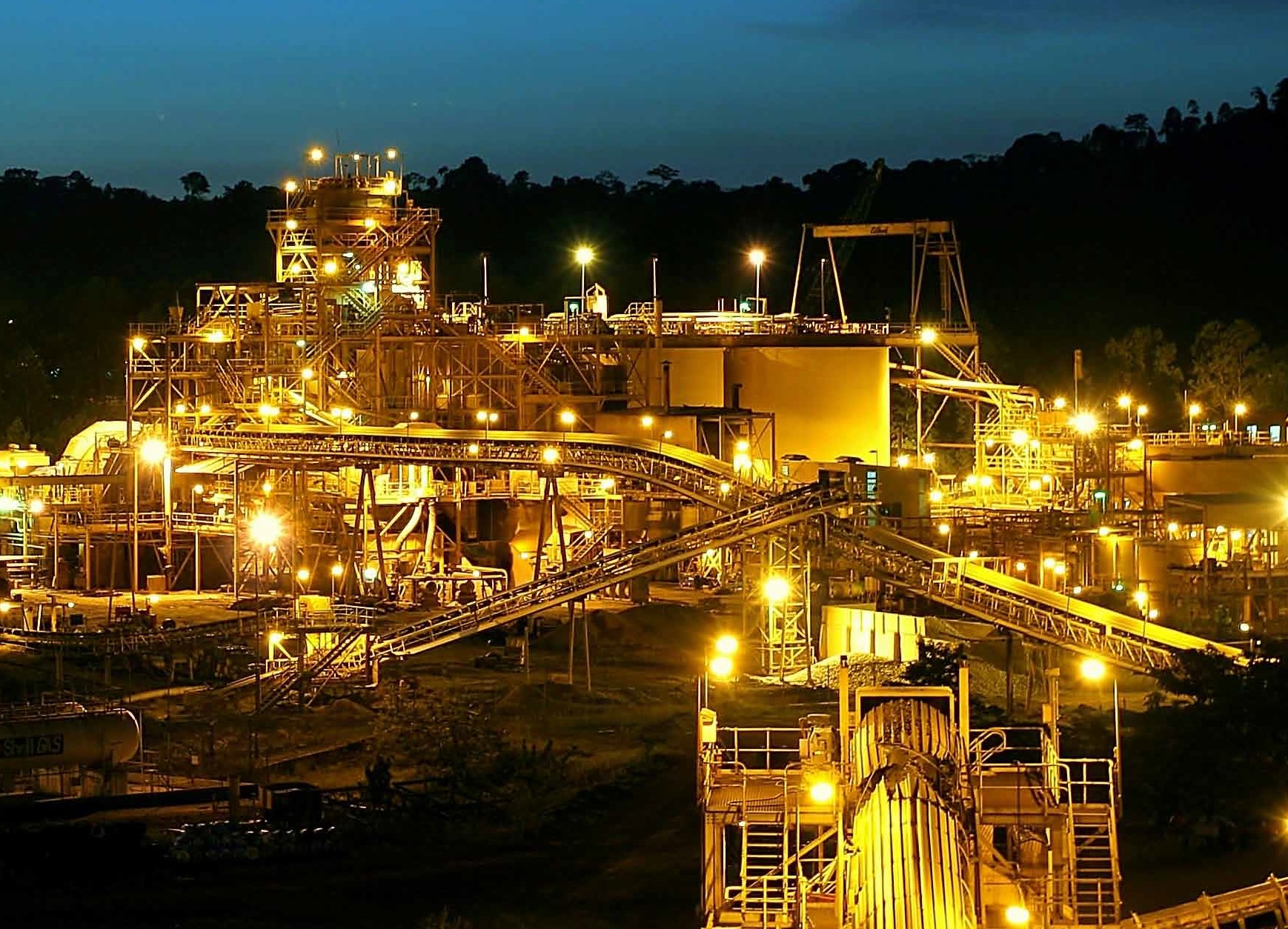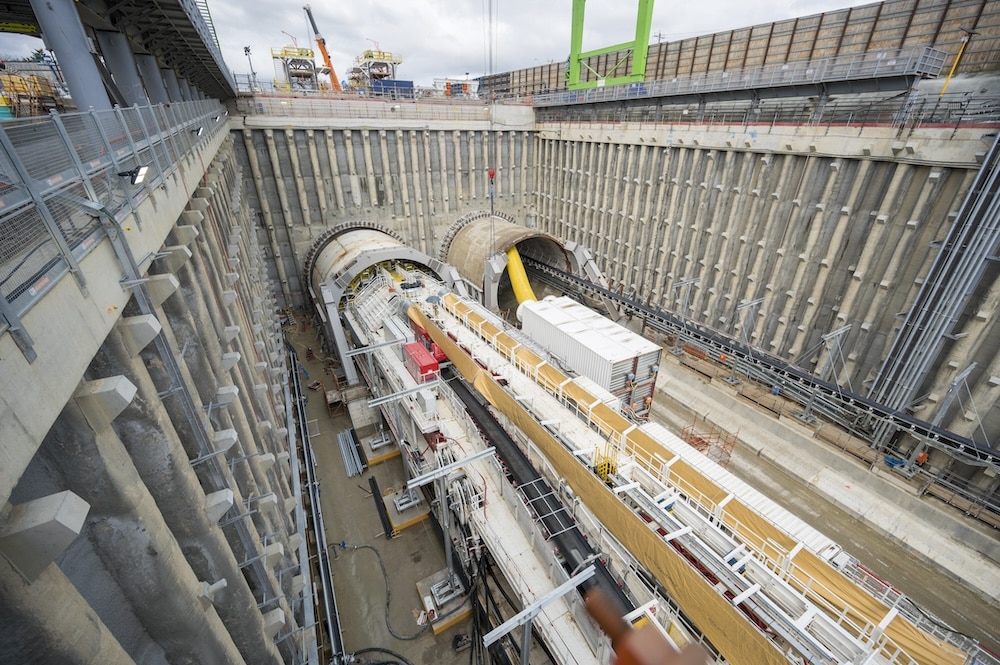
Gold Fields Ghana is not only committed to ethical and sustainable mining but is also spearheading a national conservation programme as part of its vision to become a global leader in sustainable gold mining.
Ghana, once colourfully known as the Gold Coast, has a long and distinguished history of gold mining stretching back thousands of years to a period when the precious metal reached Europe via the perilous trade routes of the Sahara desert. Today, gold mining continues to play a critical role in the national economy, not only benefitting the population through the lucrative taxes levied on mining companies, but also by the efforts of those companies to share the benefits of their presence with local communities.
The largest producer of gold in Ghana today is Gold Fields Ghana, part of the South African gold mining corporation Gold Fields, which has a strong ethos of ethical mining and sustainable development that is embedded at the heart of its global business. Even before considering its extensive CSR programme, the company contributes an enormous amount to the Ghanaian economy in taxation and jobs.
“We were the highest tax payer in Ghana in 2010,” explains VP of Sustainable Development for West Africa, Gwendolyn Wellmann. “In the first quarter of this year alone we paid a total of US$65,837,176 million in taxes to the government, including corporate income tax, royalties, the national fiscal stabilisation levy, PAYE and so on.” And from the employment perspective, the company currently provides over 7,400 jobs for permanent and contract workers, 5,400 of them at the Tarkwa Mine and a further 2,000 at the Damang Mine, officially known as Abosso Goldfields Ltd, both of which lie in the gold-rich Tarkwa basin approximately 300 kilometres west of the capital Accra.
It is through its CSR programme, however, that the company is striving to make a real difference and to improve conditions for the local communities in such a way that they will continue to flourish and grow long after the current gold mines have closed. Since coming to Ghana in 1993, Gold Fields has engaged in a diverse range of projects encompassing education, health, agriculture and micro-enterprise, through to providing safe drinking water, infrastructure and roads.
These activities are managed by the Gold Fields Ghana Foundation, established in 2004 and funded through a share in the company’s profitability and performance. For every ounce of gold mined at Tarkwa and Damang, $1 is deposited into the Foundation, along with 0.5 per cent of pre-tax profits. Last year this came to a grand total of over $3 million. The money is then carefully targeted at initiatives to benefit the 16 communities around the mines through the SEED (Sustainable Community Empowerment and Economic Development) Programme. Launched seven years ago, SEED works on the principle that the Foundation is merely the custodian of community money, and provides a structure and process by which the community can identify and communicate the help it needs.
Over the past seven years, for example, the community has suggested a variety of new businesses its members would like to engage in, ranging from crop farming and animal husbandry through to tie and dye and soap and pomade making. “In the first round of SEED we included all the suggested projects,” Wellmann explains. This involved providing training and coaching, materials such as oil palm seedlings and small ruminants for the farmers, and then monitoring the progress of the businesses on a regular basis.
Much has been learned from the experiences so far, and the Foundation’s approach is continuously being honed and adapted. Two years ago, for example, the monitoring programme revealed that some new farms were being neglected. But by introducing an incentive scheme to ensure good farmers receive a good price for their produce, the situation has been turned around. Now, less than 10 per cent of farms fail to prosper.
“Like all mining companies and NGOs working in this field, though, we did make mistakes,” Wellmann admits. “We soon learned that if we trained 32 people in 16 communities to make soap there would soon be so much soap for sale nobody would buy it. So it was a real learning curve.” The company is about to implement the second round of the SEED scheme in 2013 and is making sure to implement the lessons it has learned from the first seven years.
Through SEED, the Foundation is also investing heavily in health and education and its efforts are evolving with time. Initially, many new clinics and schools were constructed within the 16 communities, and the company worked with the government to ensure they can be sustainably staffed and run in the future. More recently the Foundation has progressed to funding teacher and health worker training. One such scheme is the wellbeing programme, which provides community health facilitators for each of the 16 communities. The facilitators are initially selected by community members themselves and are then sent for Ministry of Health training which is funded by the Foundation. On completion, the facilitators return to their communities and provide general help and advice on hygiene, health and wellbeing.
The Foundation also focuses on funding local children and young people through school and university. A notable success of the scheme is a young employee from the community of Huniso who was sponsored through a higher national diploma and degree course, and is now working as an administrator in the scholarship programme. “Of course, the students don’t always come back to work for us,” Wellman says. “But that’s not the point. The principle is that by raising the educational standards of the community members and workforce we can promote the development of Ghana.”
Ideas and aspirations have also changed with time. For many years, the Foundation installed wells to provide fresh water for the local communities. “We’re now phasing those out and putting in mechanised small town water systems,” Wellmann says. The new systems pump water from a borehole and store it at a height of three or four metres. The water is then gravity fed directly into key points easily accessible by households.
The Foundation’s work has been a continuous effort, tackling a very wide range of small initiatives and evolving to meet new needs. However, Gold Fields has now stepped beyond the ethical and legal obligations of pure corporate social responsibility, and is taking a leading role in what Wellmann describes as philanthropy. The company is a founder member of the Ghana chapter of the LCA (Leadership for Conservation in Africa), a pan-African organisation that aims to put 20 million hectares of African land under conservation by 2020.
“This is a steep task,” Wellmann comments, “and we have been investing heavily in getting the LCA Ghana chapter funded and running. We have identified three projects so far and we’ve been working on the first for a year now.” The initial project is at the Shai Hills Resource Reserve, a small and neglected national park less than an hour’s drive from the capital, Accra. Not only does it have an interesting biodiversity that is at risk, it is also a cultural heritage site and sacred to the Shai people. The vision is to bring together conservation organisations and businesses to rehabilitate the reserve, and conserve it in a sustainable fashion. The lessons learned from this project will then be applied to two larger projects in the future: the Mole National Park and Cape Three Points Park.
Much of the focus of the first year has been on creating a business plan for the park and bringing together a steering committee to run the park drawn from the government, park managers, local communities, and investing businesses. Gold Fields is the only cash sponsor so far, and the next step is to attract further funding and begin conservation work. Three luxury safari-style tents are shortly to be erected on site, to provide short breaks for possible sponsors to demonstrate the value of the project and the attractions of the area. The ultimate plan is to attract tourists and harness the income to fund ongoing conservation efforts.
None of this will work, however, if the local communities are not involved. “So we’ve been communicating with the communities surrounding the park, assisted by Golder Associates, very much as we do with those around our mines, to show them that this is a heritage site that needs protecting for their grandchildren. If we can get buy-in from the communities,” Wellmann says, “they will help protect the park.”
For Wellmann, engaging in projects such as this is not required by law, but it is something the company and its staff feel very strongly that they want to do. “We do it,” she says, “because it is the right thing to do. And I would like to see every company engage in sustainable principles and behave responsibly towards the environment and stakeholders so that the practices become second nature.”
For a good example of this, you need look no further than Gold Fields Ghana.
Written by Gay Sutton; research by Jeff Abbott



 GoldFieldsGhana-EMEA-July12-Bro-s_0.pdf
GoldFieldsGhana-EMEA-July12-Bro-s_0.pdf








